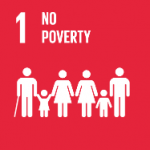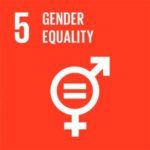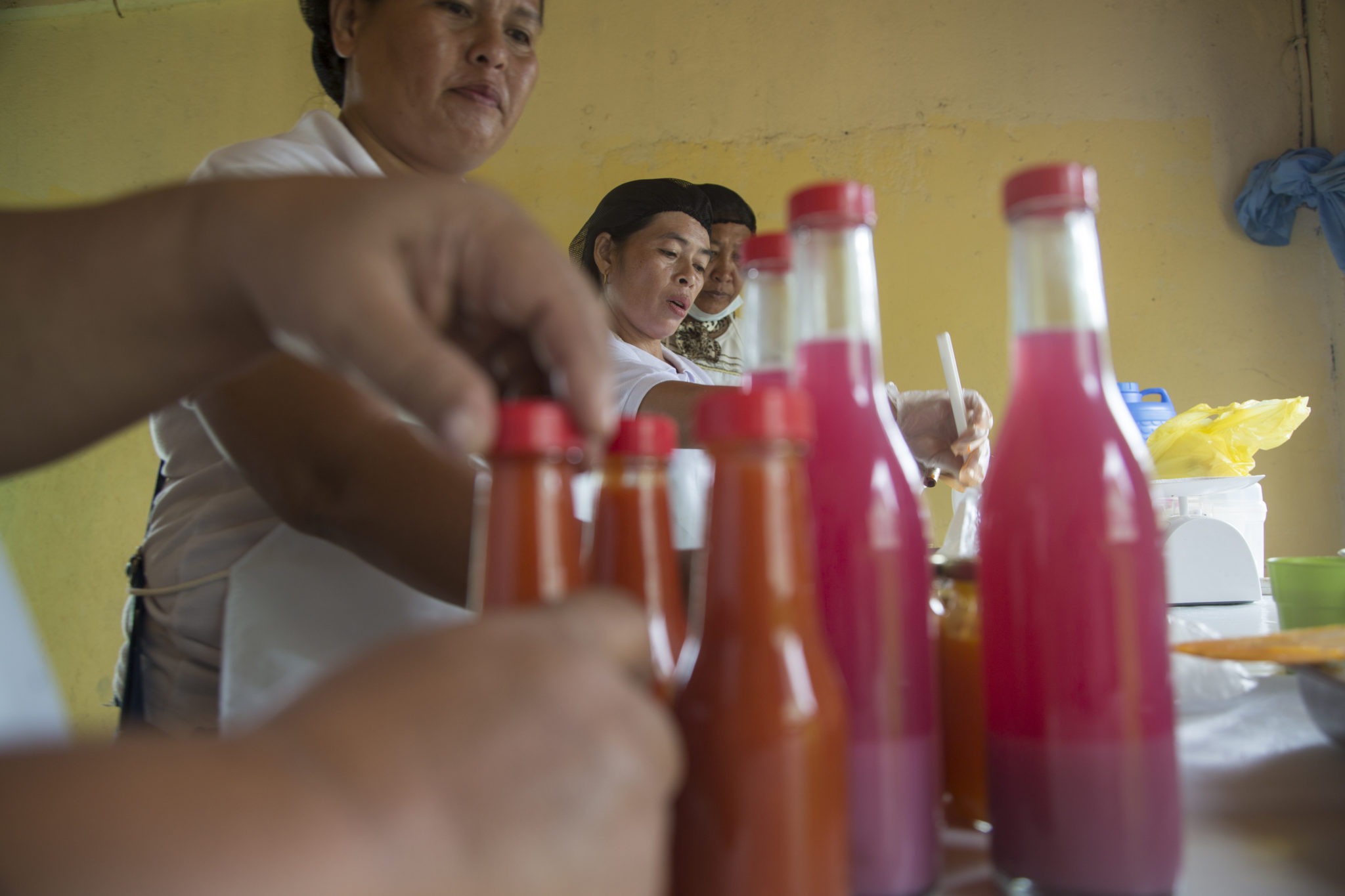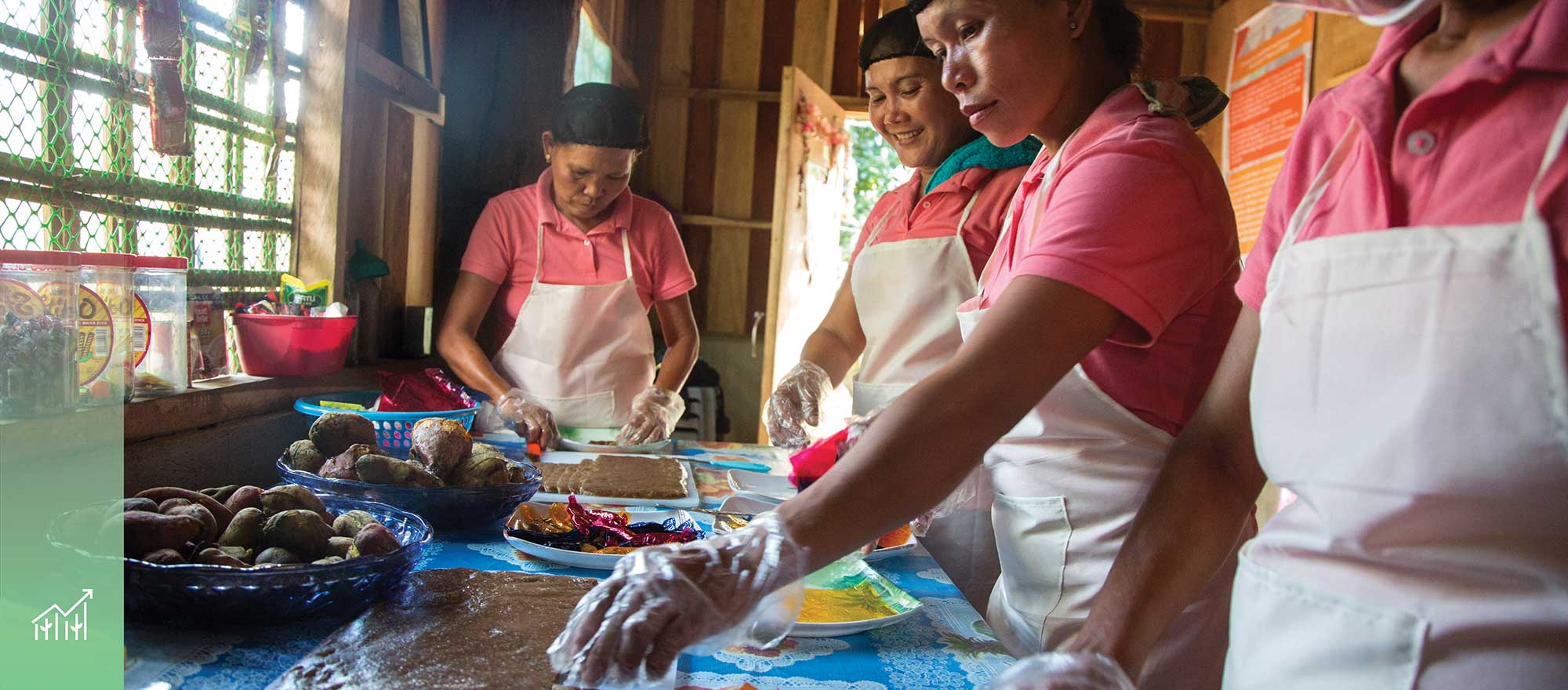
Small-scale farmers grow their crops with few guarantees of markets for them.
Limited business skills or information on demand frequently means these farmers have to rely on intermediaries who set prices for their goods. Small farms often unable to sell their crops, or are just able to grow enough to feed their families. Greater knowledge of markets, credit and product development could contribute to adding value to and extending the shelf life of their goods.
Institutionalizing processes which commit government partners to supporting start-up businesses has been a focus of the International Fund for Agricultural Development (IFAD). The United Nations agency supports sustainable rural development through the provision of a mix of loans to governments and grants to partners. One such successful grant initiative has been the farmer business school, which combines a focus on crop production and processing with participatory market chain approaches to help smallholders develop new products and engage with other value chain actors.
In 2011, the International Potato Center (CIP) first received a grant to run farmer business schools in the Philippines, followed by a second grant in 2015 extending the work to India and Indonesia. The 6- to 10-month business schools teach farmers how to undertake market assessments, and develop and market new products.
Attentive to the importance of inclusive growth, scientists developed gender-responsive training materials and checklists for field staff, who ensured that at least half the participants were women. Participants are helped to pool their resources to produce the larger volumes of products needed to be competitive. Each school group develops a business, which is then launched on graduation day.
In San Carlos, a remote community on the Philippine island of Bohol, where the poverty rate is almost 50%, CIP combined the business school approach with agronomic training and distribution of planting material for nutritious orange- and purple-fleshed sweetpotato varieties. In 2018, a group of women in San Carlos launched Camoteville, a business producing and selling sweetpotato jams, juices and candies on the island.
Camoteville manager Catalina Escabas explained that the farmer business school had an important impact on her life. “I finally know how to start up a business and how to turn camote (sweetpotato) into a profit, so I can earn more income for my family,” she said.
And they have thrived! One IFAD loan which started in the Philippines in 2011 with six pilot schools that launched businesses grew to almost 100 business groups by 2015. By 2019, they numbered more than 150 in three countries, and 79% of graduates were women. The approach has been taken up by government agencies and NGOs in the partner countries. For instance, partners such as the Visayas State University have also adopted the model and implemented it with other NGOs to reach even more farmers.
Originally focusing on root and tuber crops, the business schools were adapted and expanded to fishing communities in the Philippines. The ‘aqua-based business schools’ served 36 coastal communities participating in the IFAD-funded Fisheries, Coastal Resources and Livelihoods (FishCORAL) project. They launched an array of products, prompting FishCORAL managers to organize a second round of business schools for 2019.
Such buy-in attests to the potential of inclusive farmer business schools in improving competitiveness and incomes. The institutional support received from key civil society groups and government partners bodes well for the sustainability of such initiatives.
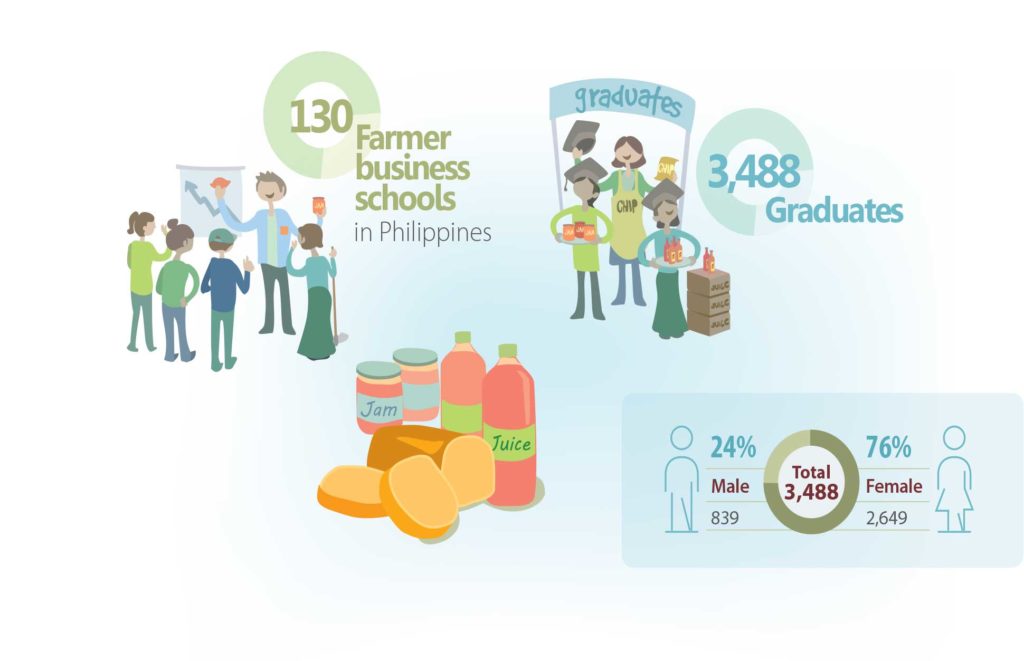
Funders: CGIAR System donors through the CGIAR Research Program on Roots, Tubers and Bananas; European Commission; International Fund for Agricultural Development.
Key partners: Bureau of Fisheries and Aquatic Resources, Philippines; Central Tuber Crops Research Institute, India; Central Potato Research institute, India; Department of Agriculture, Philippines; Department of Environmental and Natural Resources, Philippines; Indonesian Agency for Food Security; Indonesian Center for Agricultural Postharvest Research and Development; Indonesian Legumes and Tuber Crops Research Institute; International Center for Tropical Agriculture; Meghalaya Basin Development Authority, India; Ministry of Agriculture, Indonesia; Visayas State University.
Associated CGIAR Research Programs: Roots, Tubers and Bananas; Climate Change, Agriculture and Food Security.

